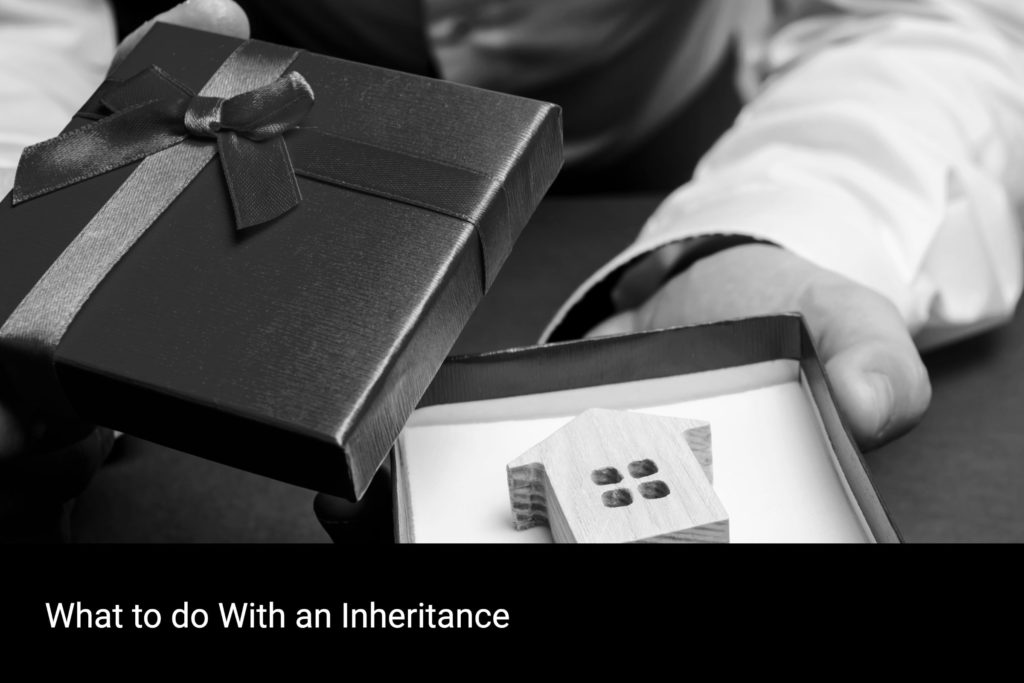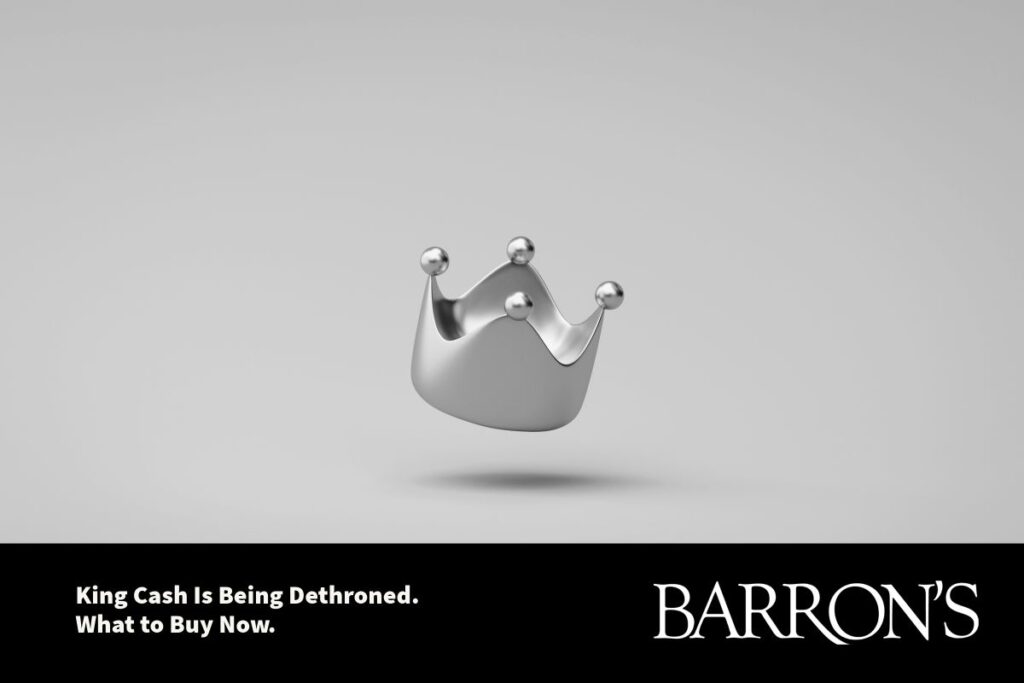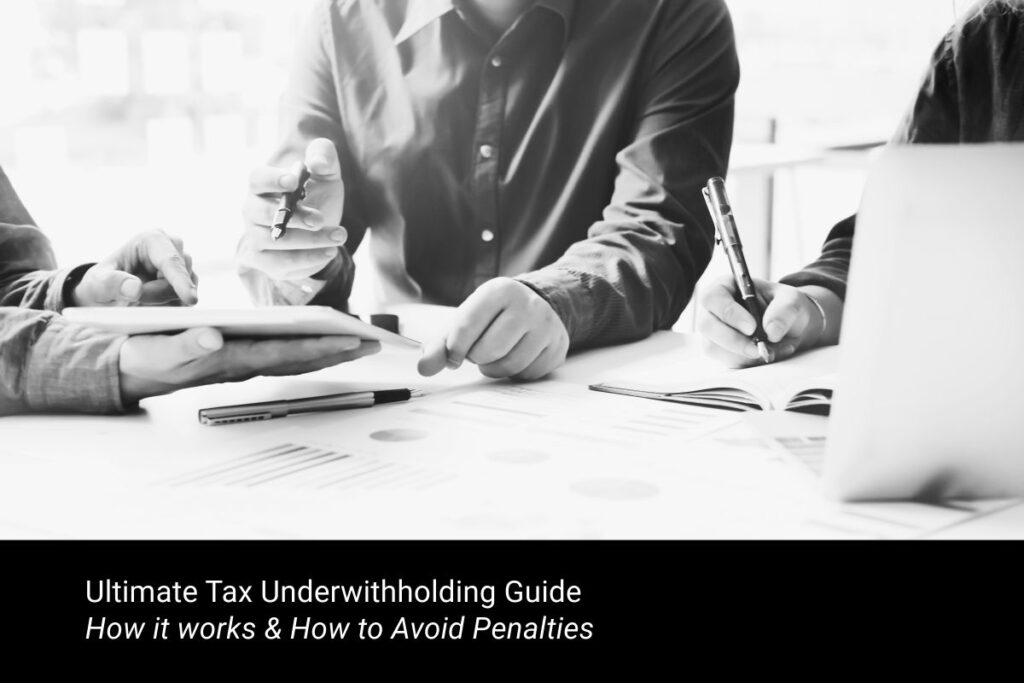An Inheritance can be a life-changing event. This time can be incredibly stressful as you may dealing with the recent loss of a loved one, closing out their estate, and trying to manage this inheritance. Take a deep breath because in today’s article you’ll find actions you can take to ensure that your inheritance is the blessing that it was intended to be, and not a curse.
Understand What You Inherited
Upon receiving an inheritance, you will want to evaluate what assets you inherited. The reason for this is that different kinds of assets and accounts will have different tax ramifications. Here are just a few tax considerations to understand:
- If you inherited a home and sold it right away, the cost basis on this property is stepped up to the Date of Death valuation of the decedent. You will likely have no tax liability unless you sold it for a price higher than this valuation.
- Accounts like brokerage accounts will have a step up in valuation, as well. You will want to understand what stocks, bonds, ETFs, and Mutual Funds are in this account and how they are relevant based on your planning needs. The sooner you understand this aspect of your inheritance, the quicker you can sell assets if needed while the step up in basis is fresh.
- If your inheritance included a retirement account, there are distribution rules and different avenues you can take based on whether you are considered a spouse or “non-spouse”. The nuances of this can be difficult to understand so check out our piece specifically on Inheriting a Retirement Account.
Review Your Balance Sheet
An inheritance can infuse a significant amount of capital into your balance sheet. With this infusion of capital, you will want to review your balance sheet and see how your inheritance intertwines with your current accounts. You will also want to evaluate the debt that you have. One common action that I see from folks who recently inherited a large inheritance is to pay off their mortgages. I would encourage you to pause before doing this. The reason for this is that if you already had the means to service your monthly mortgage and the mortgage has a reasonable interest rate, you may be better suited to investing that cash. With that said, not all debt is good. For example, if you have high-interest credit card debt or even an auto loan, it may make sense to pay off these debts with your inheritance.

If you have Qualified Small Business Stock (QSBS) and were a founder, early employee, or early investor at a startup or small business, you could potentially be eligible for a little-known, but major tax benefit when selling your stock.
Review Your Investment Strategy
With an inheritance, it is prudent to do a revaluation of your current investment strategy. This includes accounts like IRAs and brokerage accounts. Certain accounts may have different time horizons based on your needs, and you will need to adjust your risk levels accordingly.
Your investment strategy may also include real estate. If you inherited a home, you could potentially:
- Sell and infuse the sale proceeds into your brokerage account to invest.
- Rent the home and use the cash flow to complement your living expenses (or invest it).
- Utilize credit to your advantage by exploring a strategy where you cash out some of the equity in the home. With the lump sum cash you receive from doing this, you could invest it and then rent out the home to service your mortgage (and potentially have a little profit).
Review Your Financial Plan in Light of the Inheritance
An inheritance can completely change the course of your life. It would be wise to review your financial plan and reassess what your goals are. For example, maybe your inheritance changes when you would like to retire. Maybe you want to use that money to take care of your children or other family members. Maybe you even want to splurge a little and go on that dream vacation.
Regardless of what your goals are, having a plan and understanding the financial implications of your decisions are critical. A comprehensive financial plan should also address if changes need to be made to your overall estate plan, any tax issues, and whether additional asset protection strategies need to be deployed.
Seeking Help With Your Inheritance Strategy
An inheritance can be a chance to achieve goals that you thought were years away from achieving. With this opportunity to change your life, there also comes the risk of squandering it away. Excessive spending and taxes can significantly eat away at your inheritance if you are not careful. If you need guidance, working with a Fee-Only Fiduciary financial planner like MDRN Wealth can help. If you feel like you would benefit from comprehensive financial planning around an inheritance, please reach out or set up a time to discuss it with us.
Important Disclosures
The information provided in this article is general information. It is not intended to be construed as investment, tax, or legal advice.
This is not an offer or solicitation to buy, sell, or endorse any company, security, fund, or other investment vehicle.
Investing involves risks including possible loss of principal
Past performance is no guarantee of future results and the opinions presented cannot be viewed as an indicator of future performance. Opinions are subject to change without notice.











